
foreword | Historical Narratives | Resources | Links | Contact
TWO NATIONS IN A SINGLE STATE
History is a record of harmonious happenings.
The Quebec Act, 1774
Should Quebec be called a nation? It is hard to believe an act of the Britain's Imperial Parliament passed two hundred and thirty-two years ago made this a matter of contention and dissension down to the present day.
The Quebec Act of 1774, the first Imperial statute, endeavoured to create a constitution for a British colony to cope with the complexity of relations between the two groups of people that comprised what was to become the new country called Canada. The Imperial Parliament acted almost exclusively on the recommendations of Quebec's English governor, Sir Guy Carleton and over the vehement objections of a small group of mainly English merchants living in Quebec.
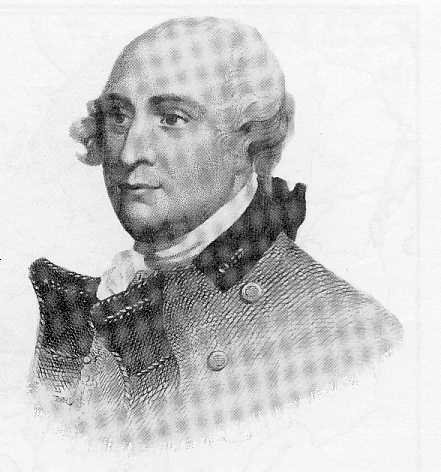 |
|
Sir Guy Carleton |
Historians have long wondered whether this enactment would have been better for both Quebec and the future of Canada, if its framers had attempted to ensure the assimilation of les Canadiens into an Anglo-Saxon majority. Lord Carleton believed this would never happen. It was his firm opinion,that there was never any likelihood of the French-speaking Canadiens ever becoming assimilated into a majority of English-speaking immigrants.The reason: simple arithmetic. The "superiority of the French Canadians would never diminish." No potential immigrant in his/her right mind would opt in Careton's words, "prefer the long, inhospitable Winters of Quebec" to the enticements of the sun and the south of the US of A. Nevertheless, although it was cold and barren, this northern neck of the woods was healthful and bracingly invigorating and for this reason, Carleton considered, les Canadiens would rapidly multiply and to the "end of time the country would be peopled by a preponderence of le Canadien race."
Historical sentiment since then is that, while it might never have been possible to assimilate completely, Les Canadiens into an English-speaking Canada, the future co-operation between the two language groups was defintely made more difficult by this Act, whicht served solely to increase and perpetuate French feeling of separateness.
Under the Act, Quebec received benevolent and preferential authoritarian rule, which essentially drastically reversed earlier legislative provisions that were designed to create uniformity in the English colonial governments of North America. While it was praised as just and humane towards these new 'citizens' of Great Britain, this key piece of legislation was both criticized and acclaimed from the very moment it appeared.
The Act confirmed to Canadiens, the free use of their language, their customs and their Roman Catholic religion. It granted them most of the old French property and civil law, as well as seigneurial tenure of land. It ensured the rights of the clergy to collect tithes and offered the people an oath of allegiance that contained no insulting religious clause. It also substantially maintained the traditions of the French regime which included: rule by the governor and appointed council; primacy of the church; retention of the privileges of the seigneurs and feudal land tenure.
The Act greatly expanded the province to include all the eastern territory previously annexed to Newfoundland and the lands of the Ohio and the Mississippi that were eagerly coveted and claimed by the 13 Colonies that went to war to open the way to the west.
Carleton opposed colonial legislatures and so the matter of an elected assembly was set aside. In his letter to the British government dated January 20, 1768, he wrote: "The better sort of Canadians fear nothing more than popular Assemblies, which they conceive tend only to render the People refractory and insolent. When I enquired what they thought of them, they said they understood some of our Colonies had fallen under the King's Displeasure owing to the Misconduct of their Assemblies and that they should think themselves unhappy if like Misfortune befell them." By the 'better sort,' Carelton was referring to the clergy and French leaders, who stood to lose power over the people if a legislature intervened. They cleverly ingratiated themselves with British establishment by mentioning the shameful 'misconduct' of the existing legislatures, thus reserving that right for themselves to do exactly the same thing down the line.
It was difficult to know just what the majority of les Canadiens actually felt about an assembly. Few could read and the majority had no knowledge whatsoever of democracy, so it was easy for church and officialdom to claim they were uninterested in adopting a democratic system. They had always been ruled by a king's deputy and his little court and as long as this rule was light, they preferred it. When it was replaced by a governor and council appointed by the British crown, they accepted it.
Carleton said that the British form of parliamentary government transplanted to Quebec would never produce "the same Fruits as at Home," since it was impossible for the "Dignity of the Throne or Peerage" to function in the backwoods and the bush. Because the governor would lose his influence if he lost the power to award positions and grant favours, Carleton felt it was critical that he not share power with the people, therefore, no legislature.
During the House of Commons debate, the refusal of an assembly for the new colony was a most contentious issue. Distinguished parliamentarians like Edmund Burke and William Pitt, as well as the few English settlers in Quebec, pleaded passionately for this basic right of all Englishmen, but to no avail. Carleton considered Quebec's English settlers whiny trouble-makers, who were the bane of his existence, while compliant Quebecers, who had successfully fought for their right to remain under a benign oligarchy, gave him no trouble at all.
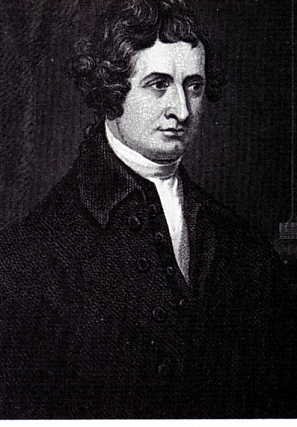 |
|
Edmund Burke |
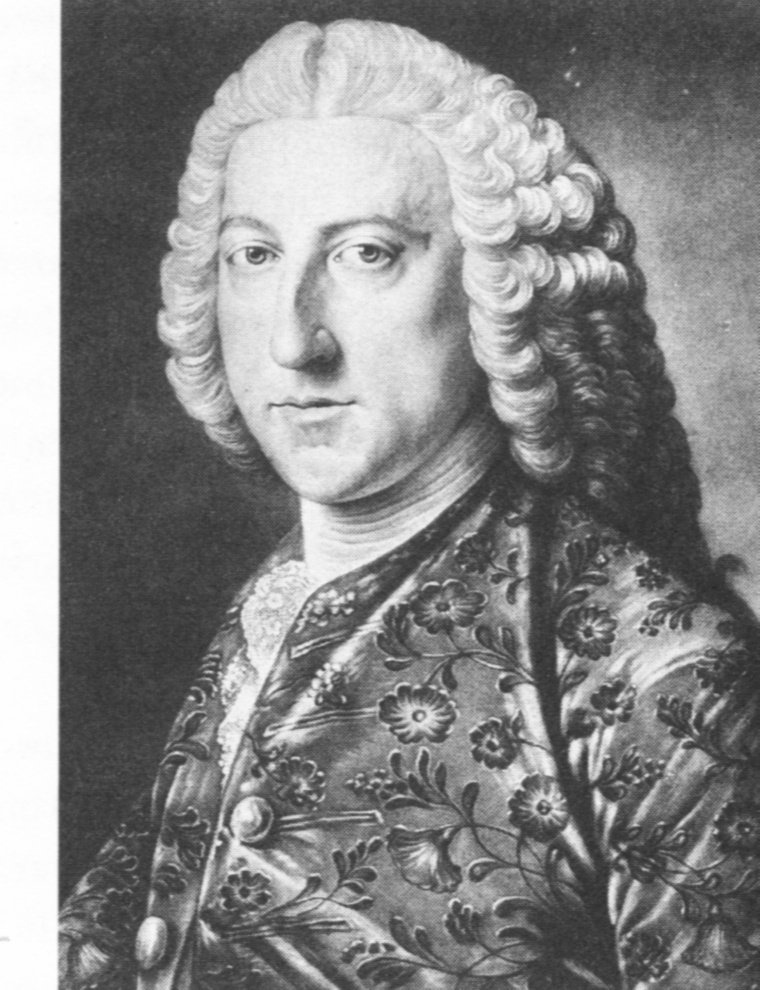 |
|
William Pitt |
Quebec's Premier, Jean Charest believes the terms of the Quebec Act were a matter of simple justice to les Canadiens and has recently lavishly lauded the Act.[*] Others not in the middle of the matter, maintain "that the seeds then sown have flowered ever since like stubborn weeds." They fear that the notion of a Quebec nation is a legacy of the Quebec Act which will ensure controversy and consternation for all Canadians in perpetuity. The latest is the leader of the Bloc, a party dedicated to the breakup of Canada sitting in its House of Commons, who has written letters to the leaders of world nations, notifiying them that one day in the not too distant future, Quebeckers will opt to separate from Canada and when that occurs, he implores their enthusiastic support.
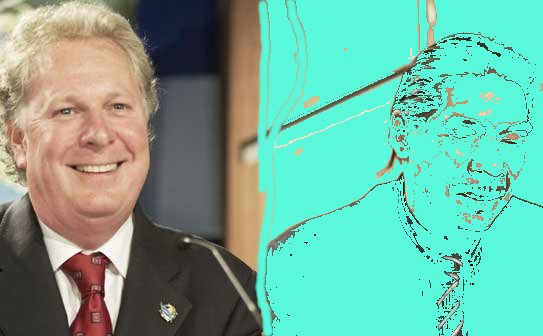 |
|
Jean Charest |
Lower Canada & Lord Durham's Report
When word of the rebellions in Upper and Lower Canada reached London, Prime Minister Lord Melbourne was exasperated by the recalcitrant colonies and angrily wondered at their worth. Britain was then euphoric at the accession of youthful Queen Victoria and word of the distant dissension came as an embarrassment to his weak government. How dare they do this now! Inclined to pursue whatever course of action promised the prospect of calm and leisure, Melbourne dispatched a dedicated liberal, Lord Durham, to seek a solution to the crisis in the Canadas.
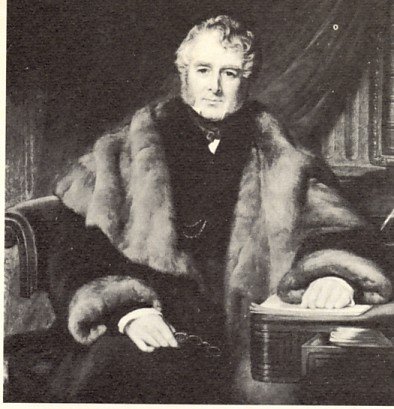 |
|
Lord Melbourne |
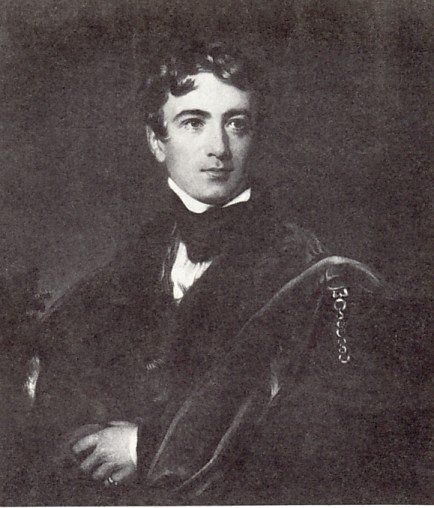 |
|
Lord Durham |
As guns roared in salute and scarlet-coated soldiers stood rigidly at attention, Durham disembarked below the Citadel in May 1838. On a spirited white stallion and dressed in a magnificent uniform heavily embroidered with silver, the Lord High Commissioner made his ostentatious entry into the capital of Lower Canada. The cheering throngs had never seen a personage of such political prominence and social grandeur. They were thrilled with the colour and the costumes.
The rebellion in Lower Canada resulted from worsening economic conditions, a bitter struggle to destroy entrenched political power and inflamed racial hostility. Serious armed rebellion flared up in the Montreal region, but the badly organized and worse-led Patriote forces were quickly crushed by British regulars and English Canadian militia.
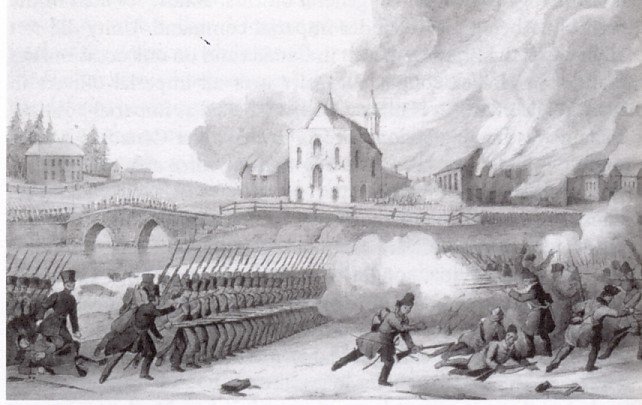 |
|
Redcoats Rout Patriotes |
While some rebel leaders sought sanctuary in the United States, twelve others were hanged and a number were transported to Van Dieman's Land. English Canadians of Montreal protested at the too lenient treatment for traitors. Many French Canadians were silenced rather than satisfied, but their nationalism now had its martyrs.
Along with the High Commissioner's pomp, came the trappings of power and Durham moved quickly to establish a policy of generosity. Charges were withdrawn against participants in the 1837 rebellion except for Papineau and a few other leaders, who were warned not to return to Canada on pain of death. Eight rebels who had already been convicted were exiled to Bermuda. This latter act of leniency opened Durham to sharp attack in London, which brought on one of his Byronic moods. Peeved by the protests, he angrily resigned, but not before completing his investigations and writing in ringing words his famous report.
In one celebrated passage Durham wrote, "I expected to find a contest between a government and a people; I found two nations warring in the bosom of a single state: I found a struggle not of principles but of races." In Durham's mind, the future of Quebec province lay with its English-speaking population and his Report made this plain. He believed British residents were sensitive to the currents of change in all its forms, while the French sector was entrenched in the ancient days and the olden ways.
In a tragic phrase that very understandably gave bitter offence, Durham insensitively and incredibly described French Canadians as "a people with no history and no literature." He believed the only solution to the ethnic problem was the assimilation of the French into the Anglo Saxon. The national character of that province must inevitably be that of the British race.
Union of the two provinces appeared to be the ideal solution to both the economic and racial political problems. Unification of the great St. Lawrence river valley would solve the former and union of Upper and Lower Canada would settle the latter. In the march of progress Durham envisioned for the province, French Canadians within the union were destined to fall by the wayside. Their dated nationalism would be overcome and they would be led gradually and naturally to abandon their separate ways and be absorbed peacefully into a wholly British Canada. Not unnaturally, the English minority liked the idea of union, while French Canadians were deeply hostile and personally wounded by the Report. Its impact was to strengthen their resolve to retain their language, their culture and their institutions.
The Imperial Parliament passed the Act of Union of 1840, creating a single province - the United Province of Canada comprising Upper Canada, renamed Canada West and Lower Canada, renamed Canada East. Durham had recommended that representation in the new legislature be based on population. He recognized that initially, the French Canadian majority would result in their dominance in the legislature. He foresaw, however, that immigration from Britain would eventually reverse this and English Canadians would permanently dominate the Assembly, thus leading to the absorption of the French-speaking Canadians. Critically, contrary to Durham's proposal, Parliament to appease English pressure for equality, gave Canada East and Canada West equal representation in the new legislature, each to have forty-two members.
Equality destroyed Durham's concept of a complete blending of the two peoples.
When as Durham predicted, English-speaking Canadians did eventually outnumber French-speaking Canadians, they insisted their larger population should translate into a majority in the Assembly. Not surprisingly, French Canadians demanded that equality of representation be maintained. The frustrating failure of the English to achieve dominance in the legislature led to frequent stalmates and a growing sense of grievance in Canada West. If the possibility of absorbing the French Canadians by assimilation had ever had any chance of happening, it never occurred.
Over the years the Quebecois national spirit has waned and waxed, when some new spark stirs up the smouldering embers. The Canadian Parliament recently sought to reconcile the races by declaring that the Quebecois form a nation in a united Canada. Durham's famour phrase now has a positve ring: two concordant nations in the bosom of a single state.
[*]According to Jean Charest, Premier of Quebec,
"Canadians made a decision very early in their history a choice that over time has come to define the very essence of who we are. Our ancestors decided right from the start, to build a country based on the right to speak a different language, to pray in a different way, to apply a different legal system based on the French Civil Code, to belong to a different culture and to enable that culture to flourish. The Quebec Act of 1774, passed into law more than 200 years ago, almost a hundred years before Confederation, is in this respect the most fundamental document in Canadian history. It is the foundation upon which the Canadian partnership was originally built. Its spirit defined this country from its very inception. It represents one of the most enlightened decisions ever made for Canada. Canadians should reflect upon this choice that was made so early in our history. We should reflect on how it defines us, how the French language and culture and the presence in the federation of a French-speaking province has allowed Canadians as a whole to extend their influence and play a greater role in the world community." French fellow citizens brought with them the proudest and most distinguished tradition of Europe. It has never been forgotten and it is this background of two proud cultures utterly different that gives to modern Canada its own especial character.
Copyright © 2013 Website Administrator